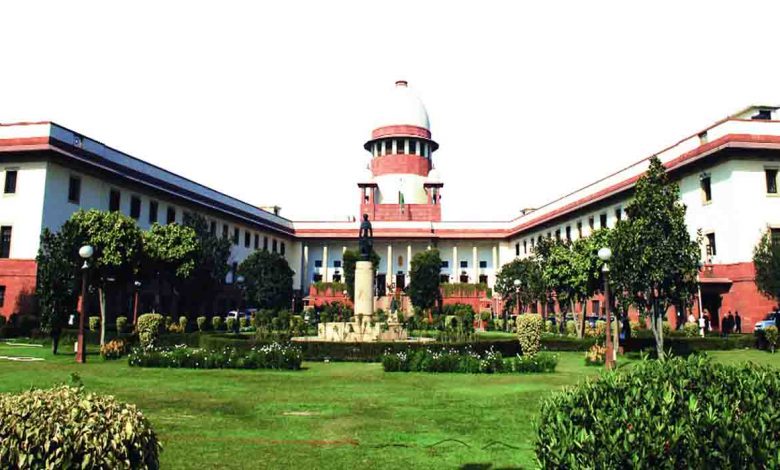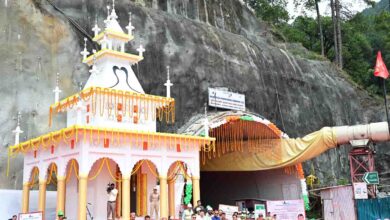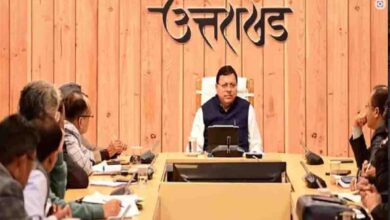‘Why is colonial sedition law in use in free India?’

Friday, 16 July 2021 | PNS | New Delhi
Why has the draconian sedition law, which was used by the British to silence people like Mahatma Gandhi, not been repealed in Independent India despite its gross misuse, is the question the Supreme Court posed to the Centre on Thursday.
The apex court agreed to examine the pleas filed by the Editors Guild of India and a former Major-General, challenging the constitutionality of Section 124A (sedition) in the Indian Penal Code (IPC). A Bench headed by Chief Justice NV Ramana said its main concern was the “misuse of the law” and issued a notice to the Centre.
The non-bailable provision makes any speech or expression that “brings or attempts to bring into hatred or contempt or excites or attempts to excite disaffection towards the Government established by law in India” a criminal offence punishable with a maximum sentence of life imprisonment. “Mr Attorney (General), we want to ask some questions. This is a colonial era law and the same law was used by the British to suppress the freedom movement. It was used by the British to silence Mahatma Gandhi, Gokhale and others. Is it still necessary to keep this in statute even after 75 years of Independence?” asked the Bench which also comprised Justices A S Bopanna and Hrishikesh Roy.
Observing that the provision on sedition has been put to “enormous misuse”, it also referred to the alarming misuse of Section 66 A of the Information Technology Act even after the top court set it aside long ago and observed: “It can be compared to a carpenter who has been asked to cut some wood, cutting the entire forest.”
“A factionist can invoke these types of (penal) provisions to implicate the other group of people,” the CJI said, adding that if a particular party or people do not want to hear a voice, they will use this law to implicate others.
The Bench wondered at the continuance of the sedition law in the statute book for the last 75 years and said: “We do not know why the Government is not taking a decision. Your Government has been getting rid of stale laws.” The Bench said that it was not blaming any State or Government, but unfortunately, the executing agency misuses these laws and “there is no accountability.”
In a hearing, conducted through video-conferencing, the Bench said that if a police officer in a remote village wants to “fix” a person then he can easily do so by using such provisions. Moreover, said the Bench, the percentage of convictions in sedition cases was very low and these are the issues which must be decided.






